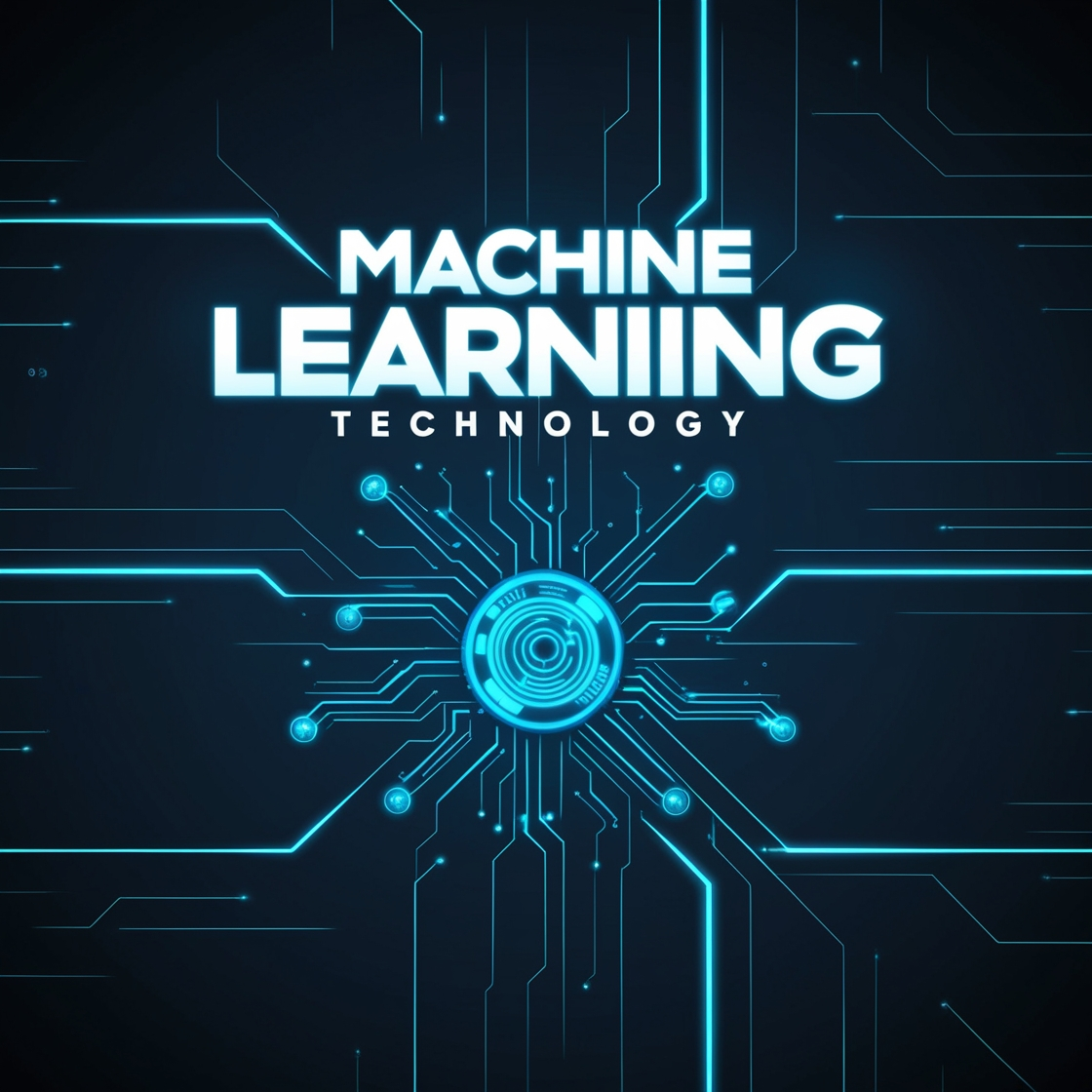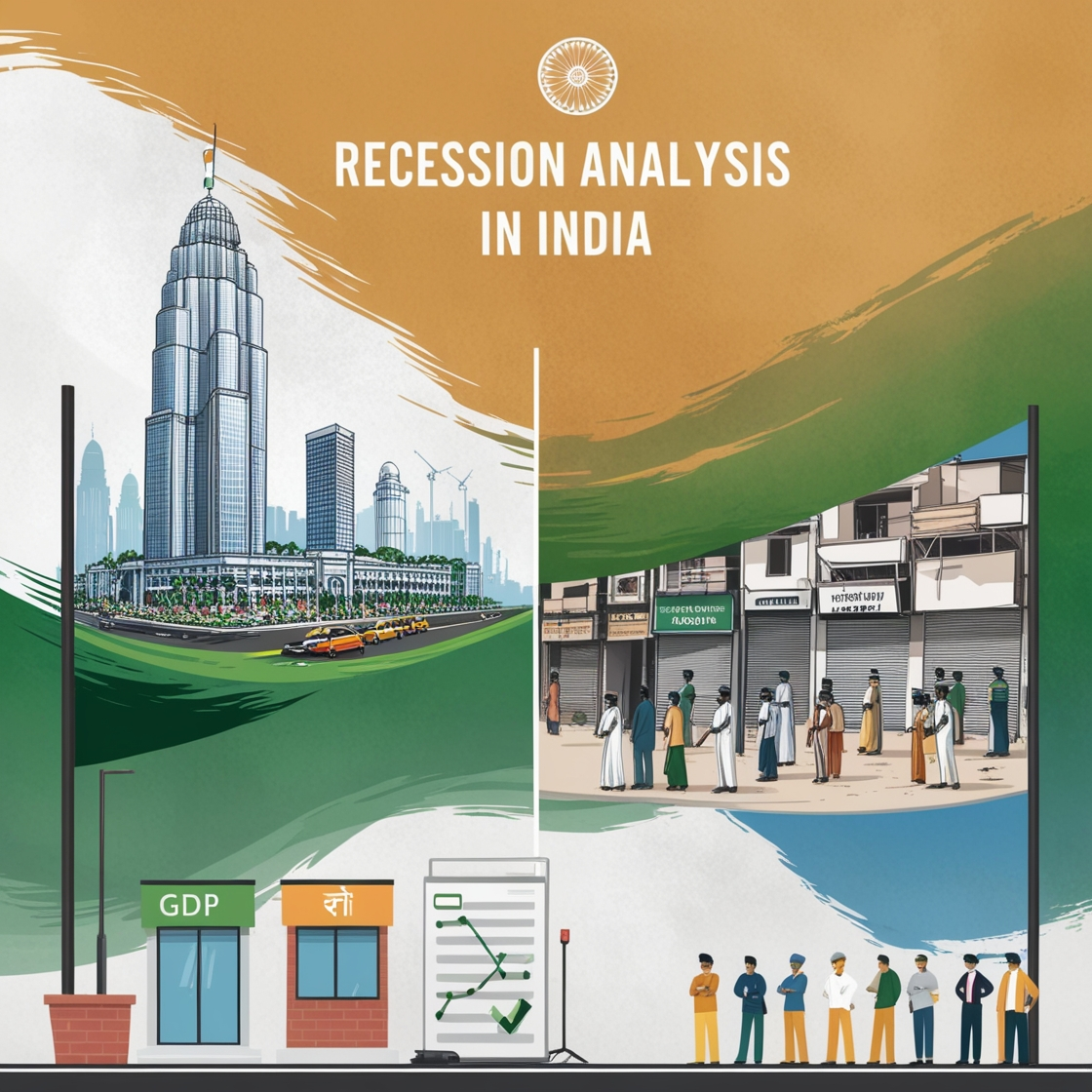Discover the transformative impact of artificial intelligence on industries and society. Learn about the benefits and challenges of AI adoption, from automation and efficiency gains to job displacement and ethical concerns. Explore the latest developments and future directions in AI technology.
https://time.com/6310115/ai-revolution-reshape-the-world

5G ai AI model AI Revolution Airlines AI Startups Blockchain Blue Screen Cloud Computing CrowdStrike cryptography Cyber security Digital economic survey economy GDP google Government Growth Technology IaaS IBM India indian in India IOT Medicine Meta microsoft NIST Nvidia PaaS Quantum Computing Recession Robot SaaS Security startups stock market suicide Tariff tech technology security Telecom Tesla WhatsApp
Improved Business Automation
- 55% of organizations have adopted artificial intelligence to some degree, leading to increased automation and efficiency.
- Chatbots and digital assistants can handle simple conversations and answer basic queries.
- AI can analyze large amounts of data and provide instant insights, accelerating the decision-making process.
Job Disruption
- Business automation has raised concerns about job losses, with employees believing AI could perform almost a third of their tasks.
- While AI has replaced some jobs, it has also created new ones, such as machine learning specialists and information security analysts.
- Workers in skilled or creative positions are more likely to have their jobs augmented by AI rather than replaced.
Data Privacy Issues
- Companies require large amounts of data to train AI models, raising concerns about data privacy and security.
- The Biden-Harris administration has developed an AI Bill of Rights, listing data privacy as a core principle.
- There is a growing push for AI companies to be more transparent and cautious about how they compile training data.
Increased Regulation
- The US government is taking a stronger stance on AI regulation, with a focus on data privacy, civil liberties, and responsible AI.
- There is a growing need for ethical guidelines and regulations around AI development and deployment.
Climate Change Concerns
- AI has the potential to both positively and negatively impact sustainability and climate change.
- Optimists see AI as a way to make supply chains more efficient and reduce carbon emissions.
- However, the energy and resources required to create and maintain AI models could increase carbon emissions by up to 80%.
Industries Impacted by Artificial intelligence
- Manufacturing: AI-enabled robots and predictive analysis sensors are improving efficiency and reducing costs.
- Healthcare: AI is helping identify diseases more quickly and accurately, and streamlining drug discovery.
- Finance: AI is detecting fraud, conducting audits, and evaluating customers for loans.
- Education: AI is digitizing textbooks, detecting plagiarism, and gauging student emotions to improve learning outcomes.
- Media: AI is generating news stories and social media posts, raising questions about the use of generative AI in journalism.
- Customer Service: AI-powered chatbots and virtual assistants are providing data-driven insights and improving customer service.
- Transportation: Self-driving cars and AI travel planners are changing the way people travel.
Risks and Dangers of Artificial intelligence
- Job losses: 44% of workers’ skills will be disrupted by AI between 2023 and 2028.
- Human biases: AI tools can perpetuate biases and discrimination if they are trained on biased data.
- Deepfakes and misinformation: AI-generated deepfakes and misinformation can have dangerous consequences.
- Data privacy: Training AI models on public data increases the risk of data security breaches.
- Automated weapons: The use of AI in automated weapons poses a major threat to countries and their populations.
Challenges of Artificial intelligence
- Job Displacement: AI might replace certain jobs, requiring workers to adapt to new roles.
- Bias and Discrimination: AI systems can perpetuate existing biases, exacerbating social inequalities.
- Data Privacy and Security: AI relies on vast amounts of data, which must be protected from cyber threats and unauthorized access.
- Ethical Considerations: AI raises ethical concerns, such as accountability, transparency, and explainability.
- Dependence on Technology: Over-reliance on AI can lead to decreased human skills and judgment.
Embracing the Future of AI
- Upskilling and Reskilling: Invest in education and training programs that prepare workers for AI-driven roles.
- Diverse and Inclusive AI Development: Ensure AI systems are designed with diverse perspectives to mitigate bias.
- Robust Data Protection: Implement stringent data privacy and security measures to safeguard against cyber threats.
- Ethical AI Frameworks: Establish guidelines and regulations that prioritize accountability, transparency, and explainability.
- Human-AI Collaboration: Encourage human-AI collaboration to leverage the strengths of both.https://www.forbes.com/sites/robtoews/2024/03/10/10-ai-predictions-for-the-year-2030/
Overall, AI is transforming industries and revolutionizing the way people live and work. However, it also raises concerns about job losses, data privacy, and bias. As AI continues to evolve, it is important to prioritize responsible AI development and deployment that benefits society as a whole.




Leave a Reply
You must be logged in to post a comment.